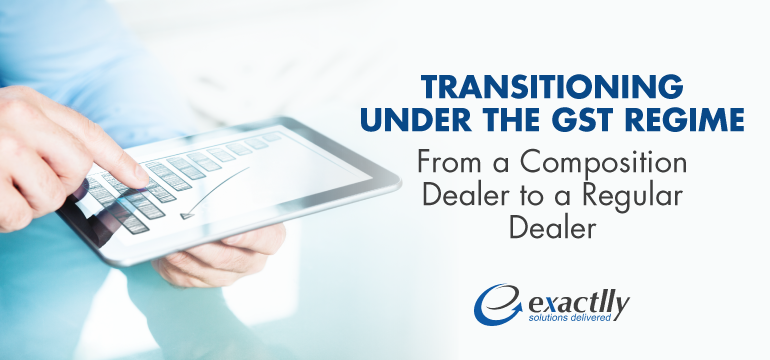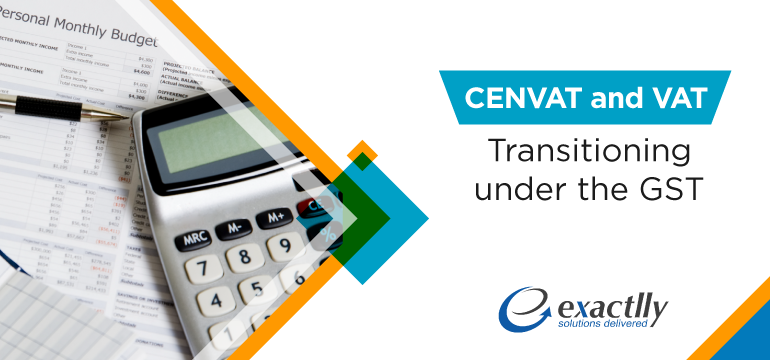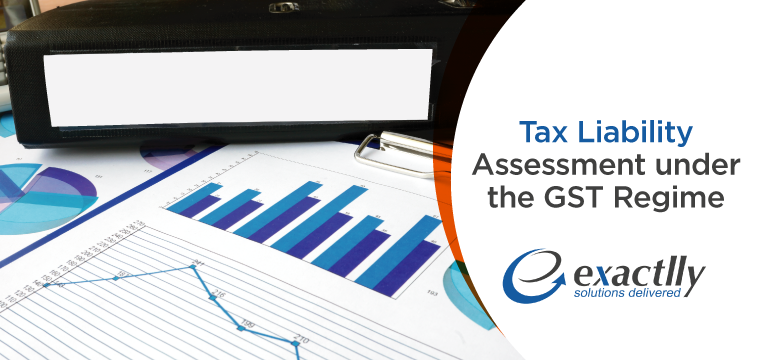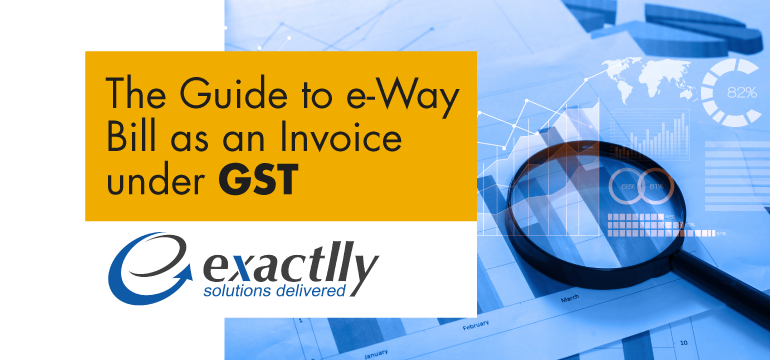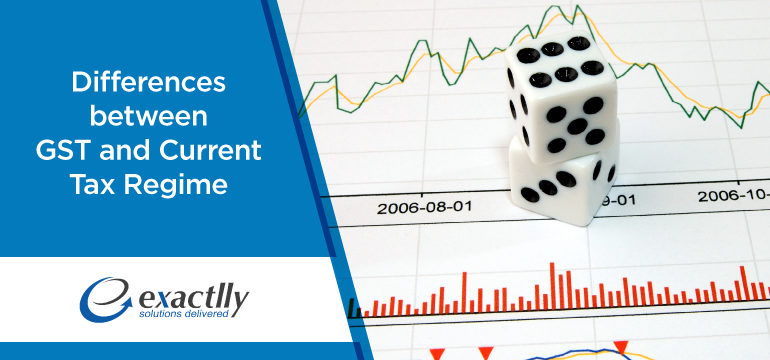Decoding Mixed and Composite Supply In GST
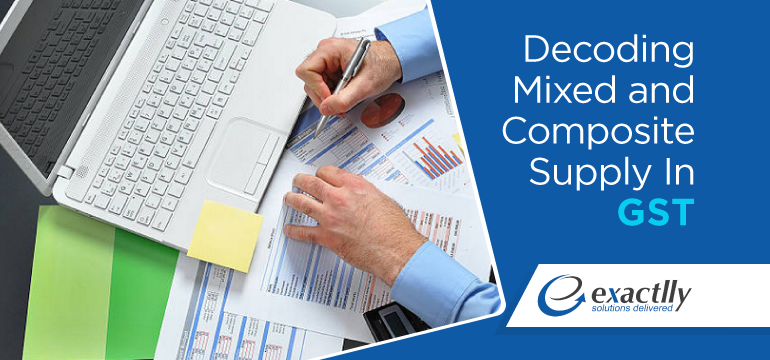
Goods and services are often combined and supplied in the market due to several reasons such as a sales strategy for attracting more consumers, or the very nature of the goods that requires them to be supplied along with another good or service. The bundling can be described as mixed or composite. Under the service tax, this concept is known as a bundled service which in other words means bundling or rendering one service with another and then supplying them together; or providing one element of a service with another. So what’s about Mixed and Composite Supply In GST?
Read this post to get in-depth knowledge on Mixed and Composite Supply In GST. Under the draft GST laws, this kind of bundled supplies of goods or services or a combination of goods and services supplied together are classified under several categories such as the following –
Mixed Supply –
| Description | How to Determine | Tax Liability | ||||||||
|
For example, a toiletry kit is sold for INR 300 and contains a shaving kit, toothbrush, toothpaste and face cream. In this case, the supply of one item does not naturally necessitate the supply of another element. The kit is sold for a single price as per a combination of the goods, however, the goods may also be sold individually. Therefore, such a supply is a mixed supply. |
For the calculation of tax liability on a mixed supply of goods or services, the ax rate that is applicable on each good or service is taken into account. From that, the combination of goods or services attracting the highest rate of tax will be considered.
For example, the rate of tax is as follows –
(These are Indicative rates) As the face cream attracts the highest rate of tax at 18%, the tax liability on the mixed supply will be at 18%.
|
Composite Supply –
| Description | How to Determine | Tax Liability |
|
For example, a hotel offers a package of 2 nights and 3 days along with a breakfast buffet at INR 20,000. This transaction will be regarded as a composite supply for the following reasons – the package of the hotel room and the breakfast together is a regular combination of supply of services and is naturally necessitated. The hotel room accommodation is the principal supply and the breakfast is the secondary supply.
However, if a hotel was offering a safari ride as a package this does not qualify as a composite supply because the safari may not be naturally necessitated in addition to the hotel room – it is a service that may be availed of independently, thus amounts to a mixed supply. |
The tax liability on composite supply is determined by understanding the rate of tax applicable on the principal good or service being sold. So for the example provided here, the rate of tax applicable on the hotel room will be taken into account to calculate the tax on the total package of the room and the breakfast buffet. So if the hotel room attracts a tax liability of 18% and the restaurant attracts only 12%, the total tax liability of the supply of this service will be calculated at 18% tax.
|
It is imperative that every business looks at and understands the kind of supply that it makes so that it can reassess the supplies to have the best bundle of goods and services offered to consumers possible. Businesses can either go in for a mixed supply or composite supply depending on the kind of goods and services that they sell. Wants to know more about exactlly? Feel free to Contact Us and get a Free Demo.


